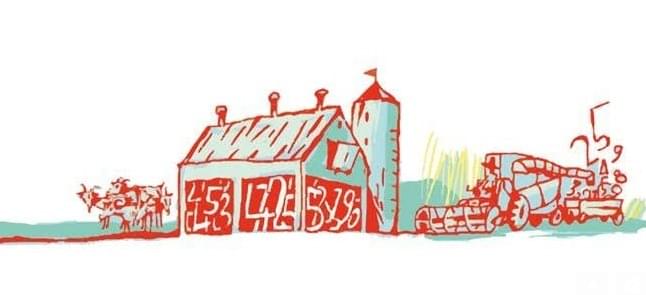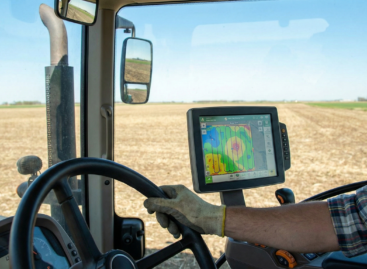Budapest hosts the leading agricultural statisticians of Europe and Central Asia
For established policy decisions reliable and comprehensive statistics are necessary – and this is especially true in the case of agriculture. During the week, statisticians from 20 countries of the region discussed the UN Food and Agriculture Organization’s (FAO) latest recommendations and methods of data collection, which appeared recently under the new agri-census world program.

Since 1945, the UN Food and Agriculture Organization (FAO), (the regional office is in Budapest) supports the implementation of agricultural censuses through ten-year global programs. They collect data in the just started 2020 cycle on the environmental impact of agriculture, greenhouse gas emissions, the intensity of cropping the ownership structure of estates, land use, irrigation methods and source of water used, fisheries, livestock husbandry and of course the number of farms and their size.
Related news
State compensation for the victims of Bászna Gabona Zrt. has been completed
🎧 Hallgasd a cikket: Lejátszás Szünet Folytatás Leállítás Nyelv: Auto…
Read more >In 2025, FruitVeB considered the support and professional coordination of the TÉSZs as its priority task
🎧 Hallgasd a cikket: Lejátszás Szünet Folytatás Leállítás Nyelv: Auto…
Read more >Related news
Farewell day at the 60th anniversary EuroShop trade fair
🎧 Hallgasd a cikket: Lejátszás Szünet Folytatás Leállítás Nyelv: Auto…
Read more >Festival buzz at the 60th anniversary EuroShop trade fair
🎧 Hallgasd a cikket: Lejátszás Szünet Folytatás Leállítás Nyelv: Auto…
Read more >








